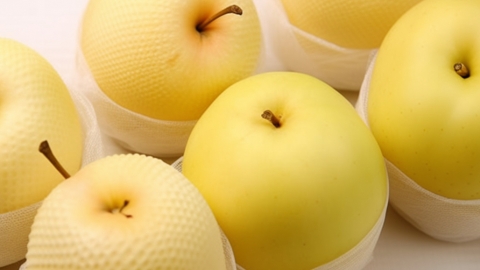Can eating pears reduce breast milk production?
Generally speaking, eating pears does not reduce milk supply. Pears are a common fruit and do not contain components that inhibit lactation. Moderate consumption will not affect milk production and can provide essential nutrients to the body. Here is a detailed explanation:

Pears are rich in vitamin C, water, dietary fiber, and minerals such as potassium. During the weaning period, moderate consumption helps replenish the body's fluid and nutritional needs. The dietary fiber also promotes intestinal motility and helps prevent constipation caused by reduced physical activity or a greasy diet, thus supporting postpartum recovery.
However, attention should be paid to the method and amount of consumption. Pears are considered cooling in nature, and excessive intake may irritate the gastrointestinal tract. Nursing women with weak spleen and stomach function may experience discomfort such as abdominal pain or diarrhea. It is recommended to consume about one pear per day. Avoid eating pears straight from the refrigerator; instead, allow them to reach room temperature before eating, or cook them into a pear soup to reduce the cooling effect.
The key to diet during weaning is to reduce the intake of high-nutrition and high-soup foods to avoid stimulating milk production, while maintaining overall nutritional balance. In addition to pears, other mild fruits such as apples and oranges can be consumed in moderation, along with vegetables and whole grains.









